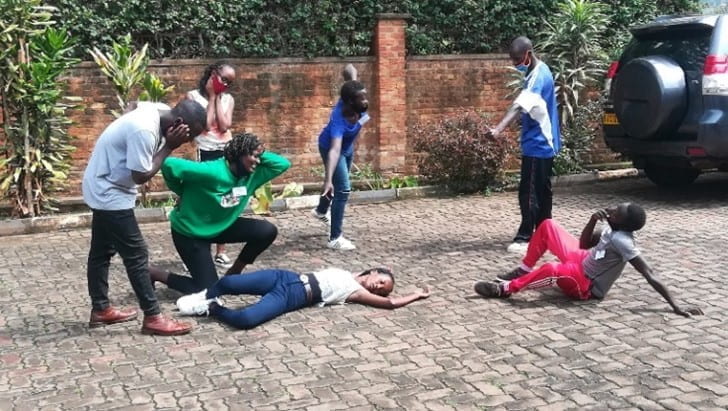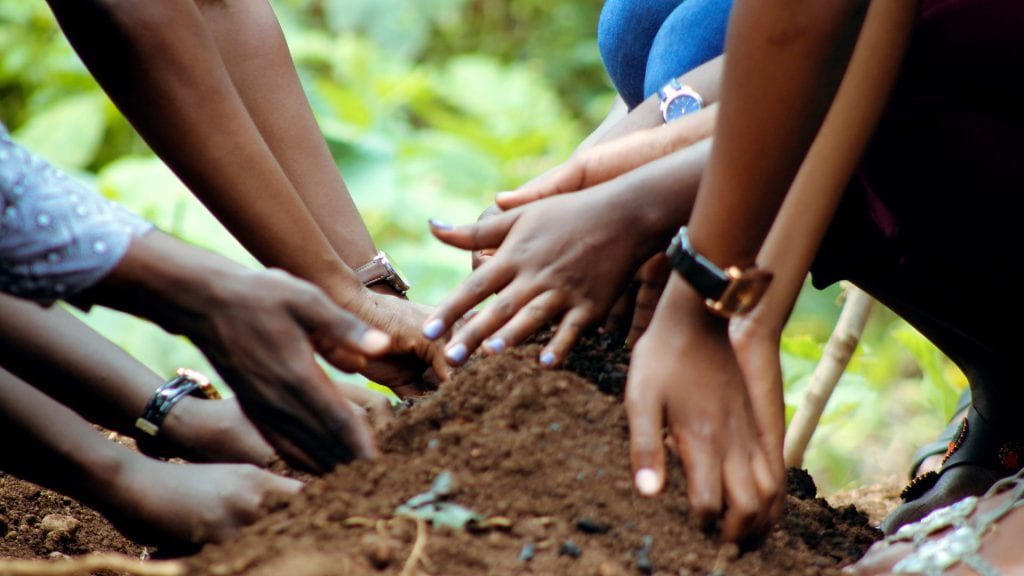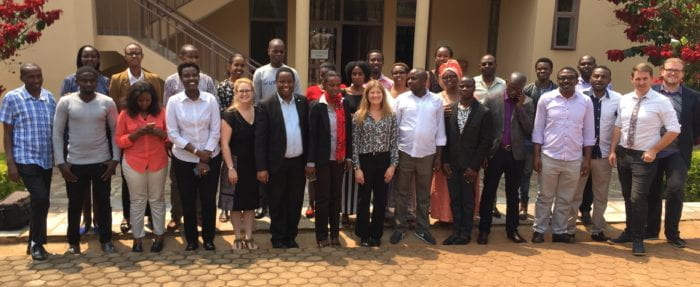Authors: Eric Ndushabandi, Victor Ntezirembo, and Sylvestre Nzahabwanayo. Edited by Helena-Ulrike Marambio Arts-based approaches to fostering dialogue have been increasingly used in peacebuilding efforts to advance reconciliation and healing in countries emerging from conflict. In Rwanda, Mobile Arts for Peace (MAP) has promoted the inclusion and active participation of youth in national peace programmes since…
Dialogue for Peace: Arts-Based Approaches and the Growth of MAP Dialogue Clubs in Rwanda











